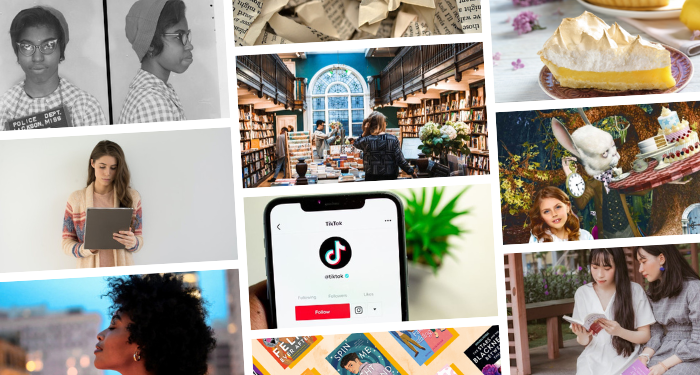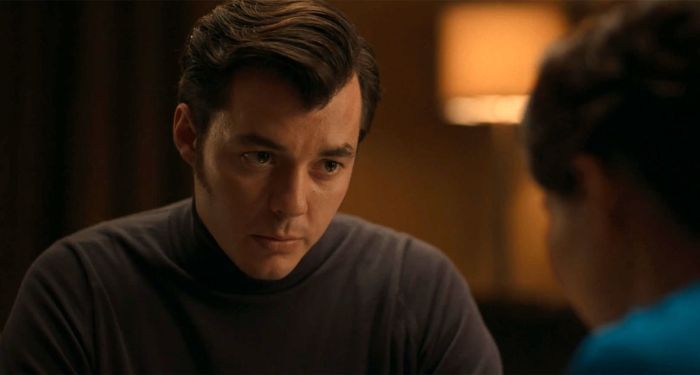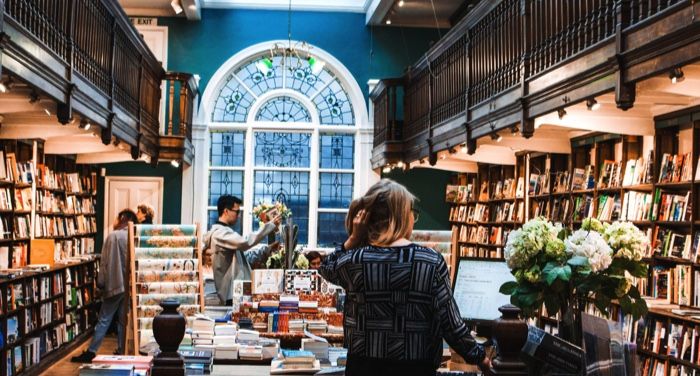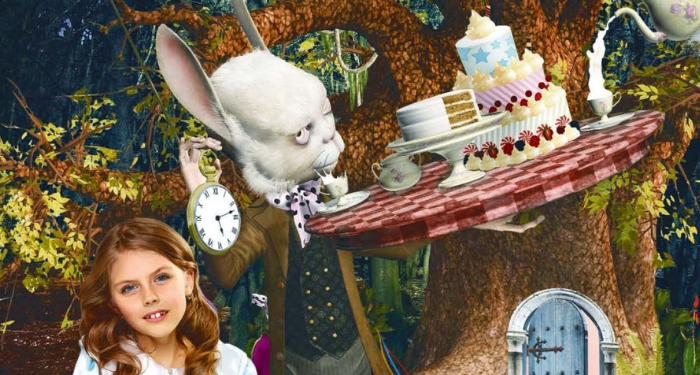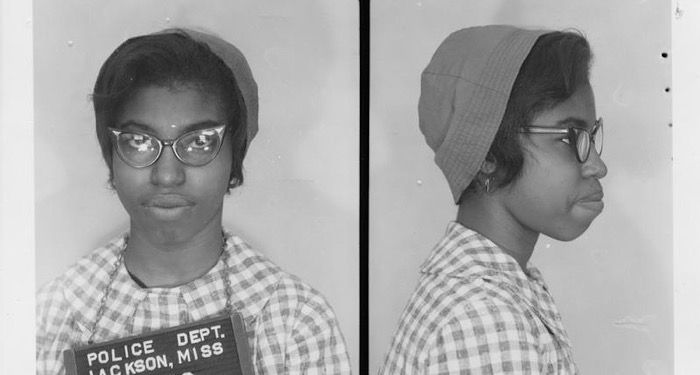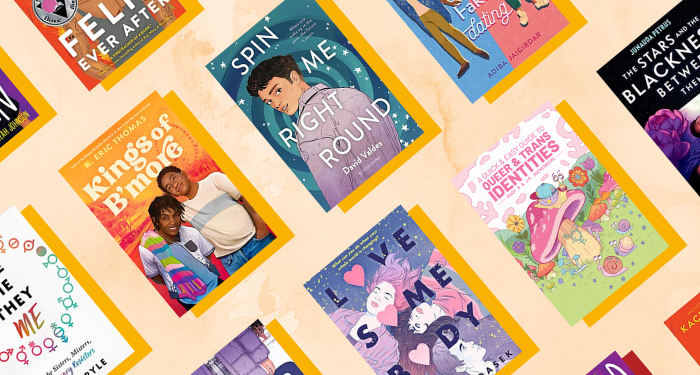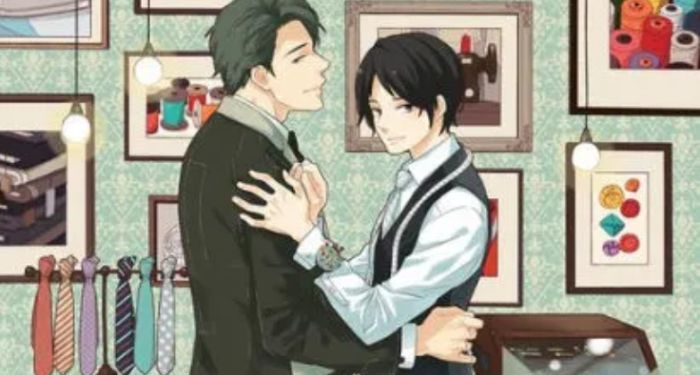Here at Book Riot, we publish 8-10 posts every weekday, not counting news stories, deals round ups, and other miscellanea. That’s thousands of posts in a year. Some of them blow up, and some of them are snubbed by social media algorithms. Regardless of the views, likes, or shares, though, our contributors have written some incredible content this year, from posts that made us laugh out loud to journalistic explorations of forgotten moments in bookish history to useful lists and moving personal essays.
There are so many posts we’ve loved this year, and we wanted to shout out just a tiny fraction of the ones that have stuck with us. Originally, this was meant to round up the editors’ favorites of 2022, but wouldn’t you know it, other Book Riot staff wanted to get in on it, too. You’ll hear from Clinton Kabler, the Chief Operating Officer and Co-Founder of Book Riot; Sharifah Williams, our Executive Director of Content; Vanessa Diaz, the Managing Editor; Kelly Jensen, Editor; Danika Ellis, Associate Editor; and Erica Ezeifedi, Associate Editor.
So, here are some of our favorite posts that went up this year, in case you missed them, but this represents only a sliver of the articles we loved.
Reporting on and analysis of a thing where the tone matches the pace and absurdity of a thing is my favorite. The asides and oh-you-thought-it-couldn’t-get-more-absurd-but-it-does that create an ever growing sense of frenetic calamity delight me. When the thing is big corporations or ideas stumbling into absurdity (here’s looking at you Twitter and crypto), Trevor Noah and Jessica Plummer provide smart, funny, and frenetic takes that make me purr. Even when I don’t know fully what they are talking about, they know they are talking about absurd things being absurd, and their audiences don’t have to fully understand the absurdity because, well, it’s absurd. Cheers to absurdity, those who make light of it, and the rest of us guffawing between mouthfulls of popcorn.
—Clinton Kabler, Chief Operating Officer
The issue (some might say “problem”) of spoilers is a big one amongst readers, and all consumers of media involving storytelling. Stating that you do or do not care about spoilers can meaningfully define you in the eyes of whoever’s receiving that message, so it stands to reason that there are plenty of conversations out there defending the value or ruinous nature of spoilers. But it was so interesting to look at the research behind this divisive concern — I didn’t even know research around spoilers was a thing! Not only were the findings fascinating; they made this spoiler-averse consumer feel less trepidation around some of my more spoiler-happy friends and acquaintances.
—Sharifah Williams, Executive Director of Content
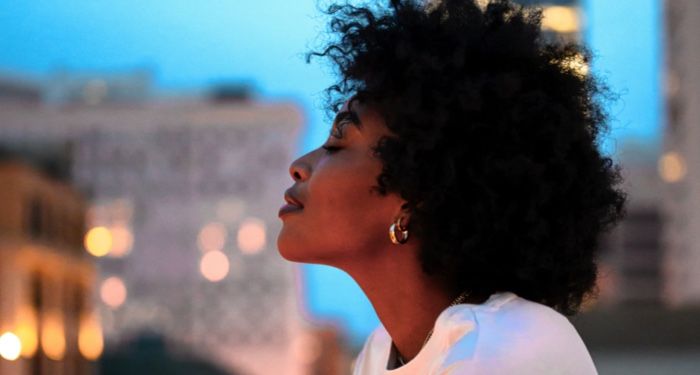
As someone whose early assumptions about self-help books were shaped by books published in the ‘80s and ‘90s, I unfairly judged these titles long into the aughts. I’ve read quite a few books that fall under this category at this point in my life, and I’ve come to appreciate that, as with any other genre/category, there’s the good and there’s the bad — there are helpful self-help books and there are unhelpful self-help books. But this piece expertly articulated something that’s continued to hamper my self-help reading experience. Even the helpful self-help books would be more powerful and compelling without all of the filler. I was also thoroughly tickled by the idea, posited in this piece, of self-help readers as “undercover optimists!”
—Sharifah, Executive Director of Content
When you spend as significant a chunk of time in your working life as we do observing folks’ reading habits, you start to see a few patterns. Folks really love a WWII story. They love books about books and bookish people. If it’s got Paris, it’s got readers. So when someone on staff instructed the team, in jest, to look out for her forthcoming bestseller, The Paris Library War Widow, I tossed the idea for this post out to our writers and let it fly. What we got is this work of art that had me chuckling from start to finish, ending in one hearty and unattractive guffaw when I got to the epic battle between the Lanyards and the Polyesters. The internet was full of Big Feelings about this post, namely that folks were miffed that these titles do not, indeed exist. So while I go pillage this post for ideas for my debut novel, give it a read and treat yourself to the levity we surely all need.
—Vanessa Diaz, Managing Editor
Jess Pryde put into words that thing that I know I’d been reluctant to admit about myself as a Book Person™: the pandemic destroyed my reading. Everywhere I looked, it felt like I was surrounded by folks who seemed to be smashing their TBRs at record speeds because books were their perfect escape from “the Panda Express.” Me? I was excitingly picking up book after book (after book, after book) only to set it down 50-100 pages in and just…not. This piece was a gentle reminder that none of this (waves at everything) is normal. The pandemic has messed with our usual levels of concentration, executive function, and anxiety and for some of us, that means reads that might normally have pulled us in are sitting in a big ol’ DNF pile. And you know what? That’s okay. The books will be there whenever (if ever) we’re ready.
—Vanessa Diaz, Managing Editor
I listened to James Loewen’s Sundown Towns early this year. As an Illinois resident who is pretty knowledgeable about her state’s history, there was a lot more about the realities of the state’s sundown practices than I anticipated. And as I sat with that and with what sundown towns mean – present tense purpose – I realized there was a lot to consider with the intersection of sundown towns and the current movement of book bans across the country. This piece illustrates how Forsyth County, Georgia, took its history as a sundown town and has resurrected the same philosophies to underpin ongoing book challenges there.
–Kelly Jensen, Editor
It’s important to balance the serious book talk with the less so, and frankly, every time I look at this post, I find myself cackling. These are some objectively BAD book covers, and the commentary alongside them makes them even funnier. “Sir, that is a shark.”
–Kelly Jensen, Editor
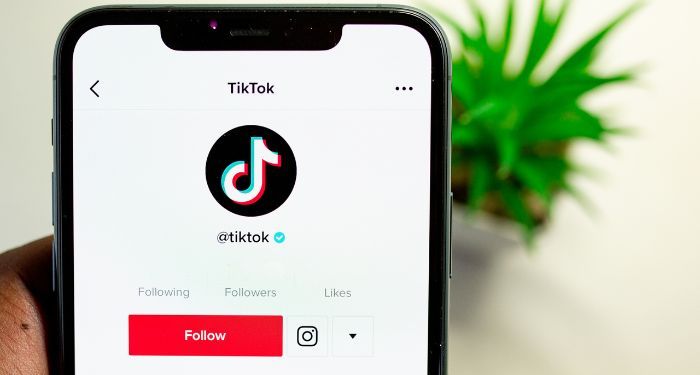
Having now been on the bookish internet for 15-some years, I’ve watched the ways we talk about books change and shift depending on where such discourse is coming. It shouldn’t be a surprise, then, that BookTok has had an impact. This deep dive is fascinating and a reminder that sometimes book recommendations and falling for – or hating – a book can be as simple as “vibes,” and that is as legitimate as an in depth analysis.
–Kelly Jensen, Editor
When I stumbled on a mention of the Tougaloo Nine in an article, I was surprised that I had never heard of them and that we hadn’t written about the read-in at Book Riot before. Leah Rachel von Essen volunteered to write a post about this historic moment, and I was absolutely blown away by it. She was able to interview Geraldine Edwards Hollis, one of the Touglaoo Nine, about her experience with the read-in that helped desegregate libraries. This is a piece of history that is so little written about, and I hope this thoughtful piece shines more light on it.
—Danika Ellis, Associate Editor
Mikkaka brings so much expertise as an educator to her posts about kids’ books and YA; I always look forward to reading them! And, of course, I love reading about queer books, so although I could have chosen any number of her articles, this one jumped out at me. Mikkaka explains why queer books are so crucial for teens and offers a diverse variety of recommendations, both fiction and nonfiction, that any YA reader, librarian, or high school teacher building a classroom library should make note of.
—Danika Ellis, Associate Editor
During Asian American and Pacific Islander Heritage Month, Anne Mai Yee Jansen added some much-needed context for just how complex that “AAPI” initialism is. While “Asian American” is a broad category in itself, adding on “Pacific Islander” means it covers a huge variety of identities and experiences — few of which are usually represented in book lists circulated during AAPI Heritage Month. Anne Mai Yee Jansen also offers some recommendations for books by Pacific Islander authors, who are often underrepresented on these lists.
—Danika Ellis, Associate Editor

Cookbook Showdown: The Best Lemon Meringue Pie Recipes, Tested
by Susie Dumond
My favorite series to edit at the moment is Cookbook Showdown, where our writers pit cookbook recipes against each other to find the best of best. I especially enjoy drooling at the gorgeous photos of their results. The Lemon Meringue Pie edition goes a step above by having a whole narrative to the cooking experience. I was on the edge of my seat to see if Susie would end up with a functional pie at all! I also laughed out loud with her slowly melting down along with the meringue.
I’m going to shoehorn in another one of Susie’s posts that got disqualified from being included because it was published December 30, 2021… but that’s pretty close! It’s What Would You Like Your Last Book to Be? As Vanessa describes it, it’s “an achingly beautiful reflection on mortality, loss, grief, and one writer’s relationship with the grandmother she helped move into hospice care in the final days of her precious life…It was a reminder of the healing power of the written word, of why we’re all here doing this book thing in the first place.”
—Danika Ellis, Associate Editor
While I’ve never personally gotten the Boys Love hype, its popularity has always intrigued me. Going into this article, I feared the answer to why the sub-genre is so popular with women would be…well, mostly icky. Knowing nothing of the history of how BL came to be, I braced myself to encounter homophobia and widespread objectification of gay men. And Thang explains how some of that is definitely present, but she also explains how much of the beginnings of the manga sub-genre were a direct reaction to 1970s gender norms in Japan.
—Erica, Associate Editor
Those are just a few of our favorite posts we published this year! Let us know on social media: what posts resonated with you in 2022? We’d love to hear from you!

